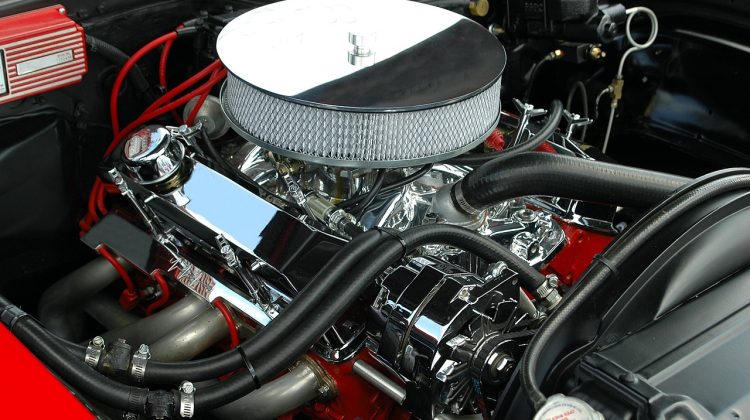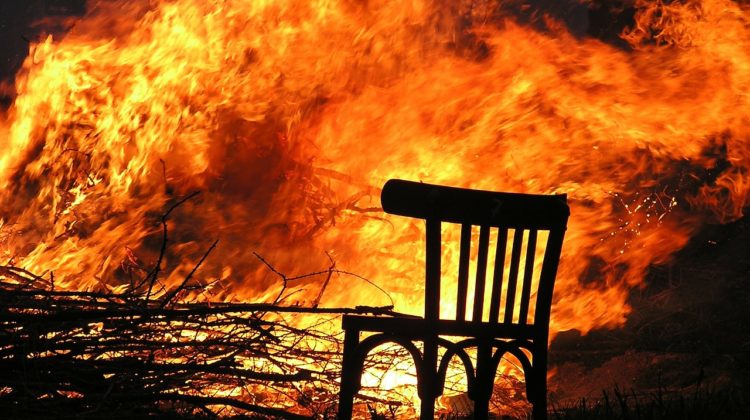For many people, owning a holiday home is a dream come true, somewhere to escape from the daily rigors of life, somewhere to totally relax and possibly ( unless your lucky enough to be able to spend a good deal of time at your property) a means of securing an additional form of income by way of short term rentals. However, its not all plain sailing and if you don’t want you holiday property to turn in to a liability, you will have to spend some time, ” managing ” its up keep. It has been statistically proven that holiday homes are at a greater risk, from two major perils; Theft & Burst Pipes, but you can take steps to help minimise the chance of either happening at any property you own. Although both of these perils will be covered by a holiday home insurance policy, (subject to terms & conditions), preventing a loss is preferable and it should help to keep your premiums down as well.
Although, many properties do not have high sums insured for contents, you still would not want a break in to occur. So what can be done to deter the would be thief from targeting your property. Most thieves are opportunists and will undoubtedly be able to spot a house that does not looked lived in. So making your property look as occupied as possible will assist. Some of the following are easy to attend to.
1- Keep the garden and grounds in good order, there is nothing like an un cut lawn to advertise that a property is not being lived in. You may attend to the garden in the summer months, but winter is equally important. Thieves like to work, undisturbed, so any hedges, bushes or trees that become over grown may help a thief stay hidden from view. At least once a year, make sure that the drains and guttering etc and checked, to make sure they’re free from leaves etc. Leaves and rubbish blocking drains can often lead to problems with flooding especially now as seem to be experiencing more intense downpours.
2- Make sure you have a plan in place to remove the build up of free newspapers and fast food leaflets. Its amazing how much junk mail we receive nowadays and a build up of paper behind a front door, is a real give away that a property is unoccupied (Paper behind a door is also a fire hazard as its not unknown for matches, cigarettes or even fireworks to be placed through letter boxes.
3- Make sure you remove all general rubbish from around the property and remove all combustible materials unless of course they are stored in safe containers.
4- Make sure that your property is fitted with good quality locks on the final exit doors and that all the downstairs or accessible windows have key operated window locks. If you have any sheds or outbuildings, these should also be fitted with good quality locks, thieves have been known to target outbuildings as they can provide easy pickings. If you are in any doubt as to what locks to fit, a local locksmith should be able to advise.
5- Finally, try to make your property look as lived in as possible, this would include making sure the curtains are not left closed all of the time, and perhaps installing lights that are switched on by means of a timer. If you have a neighbour that you are friendly with, they may be quite happy to have a key to the property and to check on it on a regular basis if you are unable to do it your self. Another alternative, is to employ the services of a managing company and many people prefer to do this, especially if holiday letting is undertaken. By checking on the property on a regular basis, you will be alerted to any potential problems and thus be able to deal with them before they possibly escalate in to something worse.
One of the other main problems with holiday homes ( certainly in the United Kingdom) is the possibility of pipes bursting during a cold snap. The threat of this is at its highest between the months of November & March. Unoccupied and unheated homes, provide a greater risk, but there are a number of things that you can do, depending of course on convenience and how often the property is in use. If you property has the benefit of central heating, this can be left on during the winter months on a ” frost guard” setting. If you property has a loft hatch, leaving this open will help to ensure that any pipe work in the attic, will benefit from the rising heat. If you do not want to leave the heating on, draining down the water systems and turning the water off at the mains will help ensure protection. Most of the above is common sense, but many claims are received from homeowners who simply didn’t believe, it would happen to them.
At Assetsure.com you can find out more about holiday home
insurance and understand some basic holiday home investment tips.
At Assetsure.com you can find out more about holiday home
insurance and understand some basic holiday home investment tips.
About the author
Robert Andrews has worked in UK insurance for over 20 years and has a thorough knowledge of property insurance issues.










No Comment